Bits of Gold, a crypto exchange based in Israel, became the first crypto firm to receive a license from the Capital Markets Authority. The company announced the milestone via social media posts on September 18.
With the capital markets license, Bits of Gold is now authorized to work with local banks and offer these financial institutions a service that allows them to connect to the crypto exchange’s digital asset services, according to Cointelegarph. The firm can now also store digital currencies via its “Bits of Gold Wallet.”
Bits of Gold said that securing the license is the next step in making the company’s mission a reality. The crypto exchange aims to make the world of cryptocurrencies more accessible to the Israeli public in a simple yet secure manner.
While Israeli authorities have been putting restrictions on cash transactions to encourage the use of digital payments as a means of combating illegal activity, the response from the country’s financial institutions can be described as lukewarm. For instance, local banks have reportedly been very unfriendly towards crypto and have cited Anti-Money Laundering (AML) issues to block services until recently.
Israeli Supreme court sided with the local Bank Leumi in 2017 and ruled that the bank was legally allowed to refuse service to Bits of Gold. Leumi claimed that Bitcoin’s nature makes it impossible for them to comply with AML requirements.
Cooperation between banks and the crypto industry has greatly improved with the recent enforcement of new AML regulations by the government. Crypto firms are now required to secure a license for their operations and those that have already applied were given a temporary permit to continue their businesses pending the approval of their applications.
Aside from regulations, another factor that could hinder institutional adoption is the country’s taxation laws. A report released by Coincub on September 8 ranked Israel as the third worst country for crypto taxation. The government imposes a capital gains tax of up to 33 percent while the income tax for investing activity is at 50 percent.








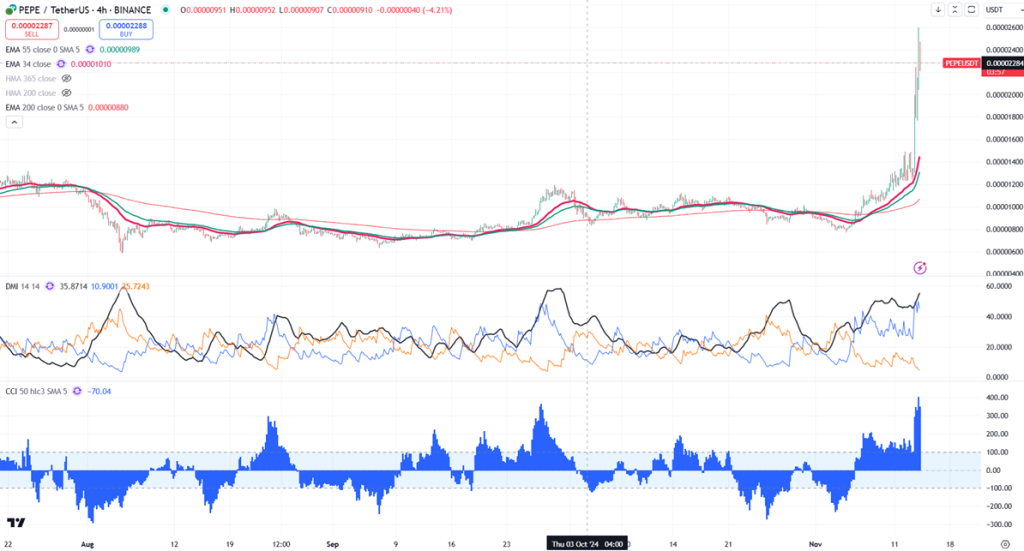
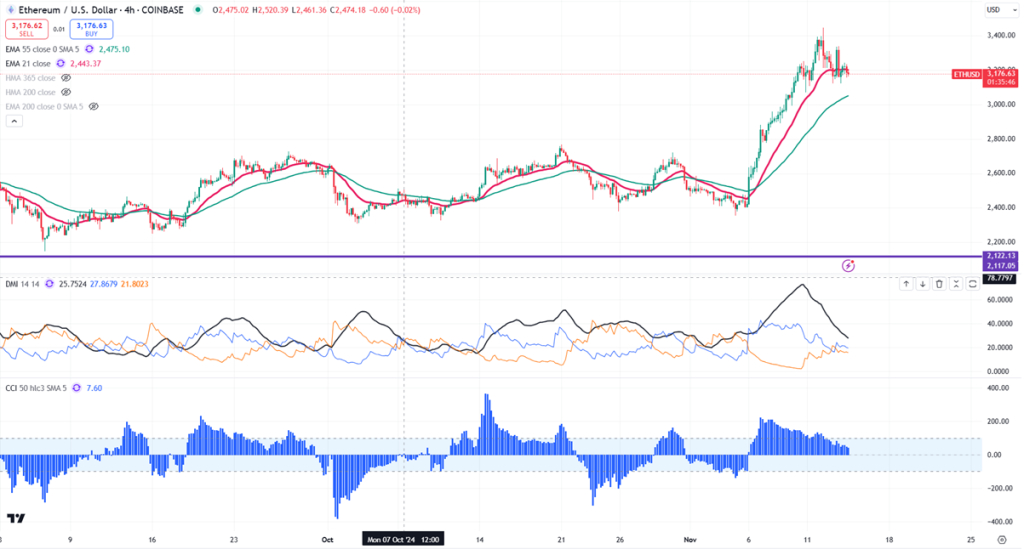
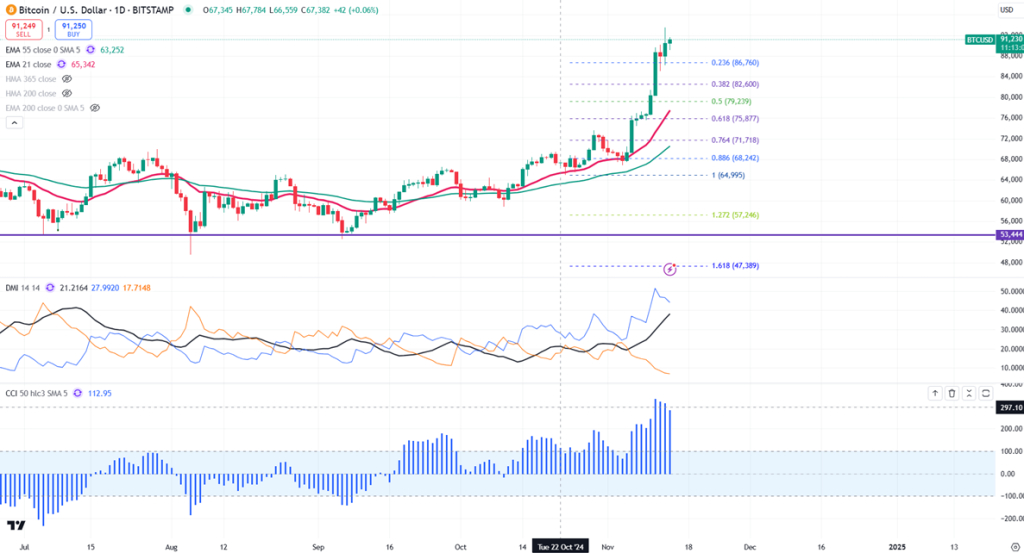


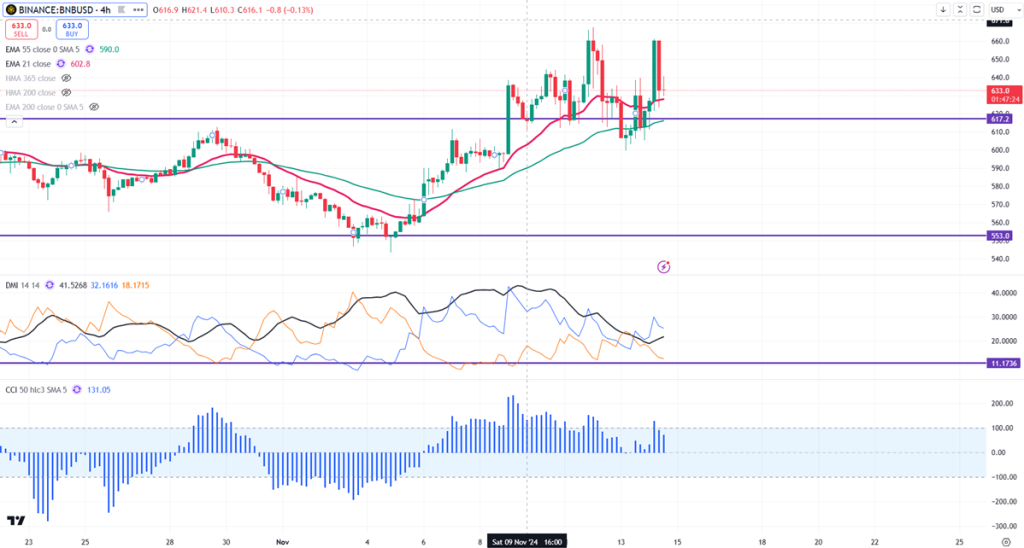
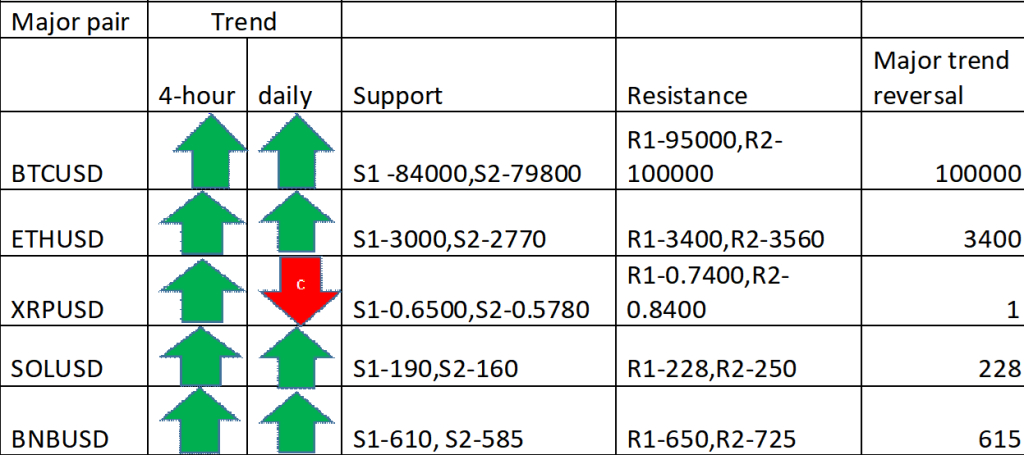













Comment 0